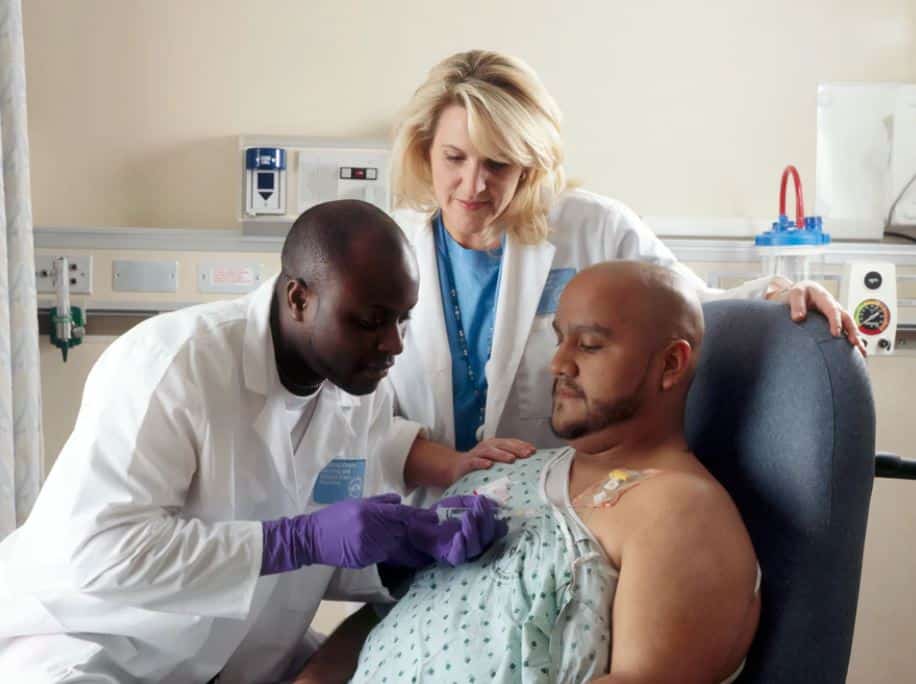Patients who have recently been diagnosed with cancer and feel overwhelmed, or are in the stages of trying to figure out the best information to go by, should definitely ask the following six questions regarding their cancer treatment. This is a difficult time for anyone going through the steps of figuring out what to do regarding treatment, and hopefully, this list will help nudge you in the right direction towards finding answers for your experience.
If you are currently dealing with the overwhelming bombardment of information from family members, friends, and even medical professionals, it is important to try and centre yourself and narrow down your questions to get the answers you really need about your chemotherapy treatment. However, keep in mind that asking questions like “how many people with cancer have you helped”, it not going to be helpful to you or the doctor in question. This is because each person is different, and each case is completely different than the next.
1. Survival and response rates
The first question you should ask is what your overall survival and response rates to treatment are. This question will allow you to receive a better understanding of where you stand at the stage you are in. Your doctor will be able to answer this question much more clearly than questions like, “What are the survival rates of this type of cancer”. Comparing your situation to someone else’s is unfortunately not going to be as helpful as you might think. Each person’s body will react differently to both cancers and to treatment.
2. The pros & cons
How likely is it that I am going to respond positively to this prescribed treatment as opposed to others? This question will allow your doctor to give you a list of pros and cons to different treatments, and why they may or may not be right for you. Having a well-rounded view of the treatment process will likely help you feel more confident in knowing that the treatment you are receiving is the best option for you.
3. What else is possible?
This is a question that you can ask to have your doctor take the time to explain to you what other treatments might work for you.
4. Type of Genetic Testing
What kind of genetic testing are you going to get for me? This is another question that is very important to ask your doctor as it will make sure that you are tested for hundreds of different types of mutations rather than just one. This allows for a much more accurate treatment plan to be created for your specific situation.
5. Cancer effects
How is my disease affecting me at this moment in time? This question gives your doctor the change to explain to what your cancer is doing to your body, which organs are being affected, and how this disease might progress moving forward.
6. Focus of treatment
Will the treatment be focused more on prolonging life as much as possible or treating the symptoms? Again, this is going to give you a better more well-rounded perspective on your treatment and what it is actually going to be doing within your body. Will your treatment be centred around prolonging your life or simply to treat your symptoms so you are able to enjoy your life in the best way possible.
7. Potential side effects
Finally, the last question you should ask your doctor or oncologist is what potential side effects will the treatment cause? You should be fully aware of the side effects that you may or may not have to deal with, it is important for you to be able to have the time to brace yourself for any severe and negative side effects that could happen throughout your treatment process.




